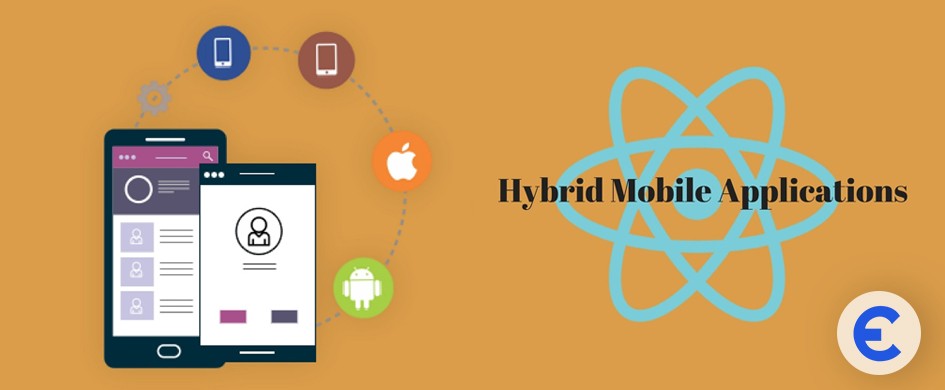Data and Privacy Overview
In today's digital age, data privacy and security have become paramount concerns for individuals and organizations alike. The advent of blockchain and Artificial Intelligence (AI) development offers revolutionary approaches to safeguarding digital information. This article explores the significant impact these technologies have on enhancing data privacy and security, addressing regulatory considerations, and highlighting real-world applications that are setting new standards in digital protection.
The importance of data privacy and security in the digital realm cannot be overstated. With increasing online transactions and data exchanges, the risk of data breaches and privacy violations has escalated. Blockchain and AI emerge as critical technologies in this context, offering robust solutions to secure data and enhance privacy across various platforms.
Blockchain for Data Security
Blockchain technology is renowned for its ability to create immutable and secure records of data transactions. By decentralizing data storage, blockchain significantly reduces the vulnerabilities associated with centralized data repositories. Each block in a blockchain is encrypted and linked to the previous one, making unauthorized data alteration practically impossible. This inherent security feature of blockchain development ensures the integrity and confidentiality of data, offering a solid foundation for secure digital transactions and information storage.
AI for Privacy Enhancement
AI technology plays a pivotal role in enhancing data privacy through sophisticated data analysis and management. AI algorithms can be designed to protect personal data by implementing advanced access controls and detecting potential privacy breaches. By analyzing data access patterns, AI can identify and alert on unusual activities, ensuring that data privacy is maintained. Furthermore, AI can automate the anonymization of personal data, making it usable for analysis without compromising individual privacy.
Regulatory Considerations
The integration of blockchain and AI with data privacy and security also brings regulatory considerations to the forefront, especially with laws like the General Data Protection Regulation (GDPR) in the European Union. These regulations mandate strict data privacy protections and give individuals control over their personal information. Blockchain and AI technologies must be designed and deployed in compliance with these regulations, ensuring that data privacy and security are not only technologically robust but also legally sound.
Real-World Applications
Real-world applications of blockchain and AI for data privacy and security are increasingly prevalent across industries. For example, in healthcare, blockchain is used to securely store patient records, allowing access only to authorized individuals and ensuring patient data privacy. Similarly, AI-driven privacy solutions are being deployed in financial services to protect sensitive customer information and prevent fraud, showcasing the practical benefits of these technologies in safeguarding data.
Conclusion
The evolving landscape of data privacy and security is significantly influenced by blockchain and AI technologies. Together, they offer a comprehensive approach to protecting digital information, combining the impenetrability of blockchain with the intelligent data management capabilities of AI. As these technologies continue to develop and integrate, they promise to redefine the standards of data privacy and security, offering greater protection and control in the digital age.



